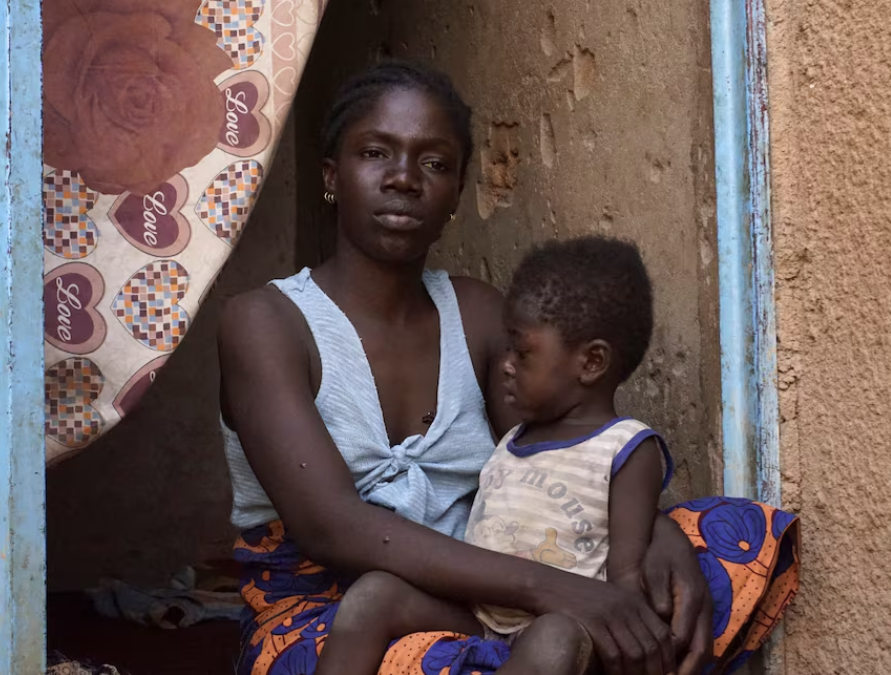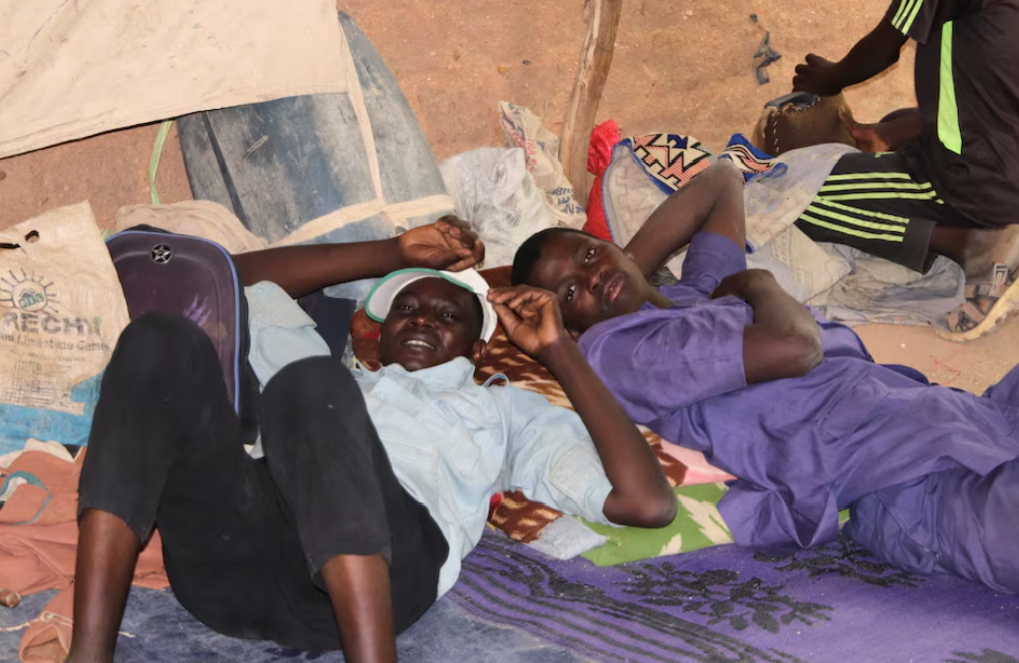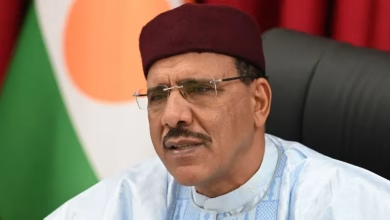“Niger’s Lifting of Migrant Ban Fails to Spark Influx to Europe”

- Niger scraps law criminalizing migrant aid, leading to surge in migrant flows.
- Smuggling prices plummet from $500 to $170 per person.
- No increase in Mediterranean migrant arrivals despite surge in Niger departures.
- EU invests €800m in North Africa to curb migration, amid ongoing migrant dangers.
In Agadez, Niger, a dozen men climbed onto a pickup truck headed for Libya, hoping to reach Europe. This scene has become more common since Niger’s military leaders scrapped a law that criminalized aiding migrants. The law’s reversal has led to a significant increase in migrant flows, with over 128,790 migrants observed leaving Niger in March, a 68% increase from the previous year.
The price for smugglers to cross the desert from Niger to Libya has also fallen, from $500 to $170 per person. Despite this, migration experts and organizations say that data on migrants reaching Europe via the Mediterranean does not show an increase.

The International Organisation for Migration (IOM) notes that 80% of African migrants tend to stay in Africa, and historical trends show that migrant flows on this route from North Africa may not rise dramatically in the coming months. Arrivals via the central Mediterranean are actually down 62% from January to April, according to the EU border agency Frontex.

Libya and Tunisia have intensified efforts to turn back or detain migrants seeking to cross the Mediterranean, after receiving EU money to curb migration. The EU has invested 800 million euros across North Africa until 2024 to tackle migration, and Italian Prime Minister Giorgia Meloni credits the fall in crossings to the help from Libya and Tunisia.

However, migrants face many dangers, including security forces, predatory militia, and exploitation in Libya, where many get stuck trying to earn money or fall prey to criminal groups. The EU has been pushing to reduce irregular migration by tightening borders and restricting asylum laws, and has worked with countries like Niger to create buffers to stem the flow of migrants.






